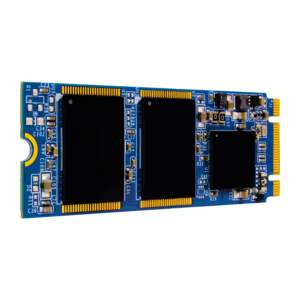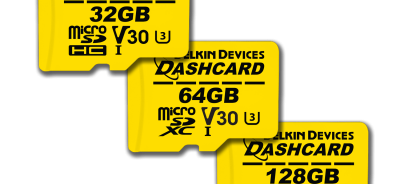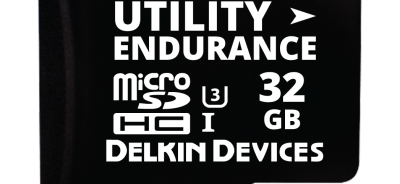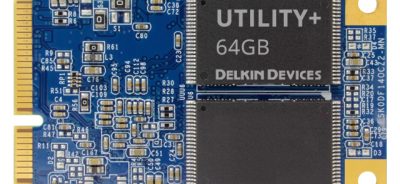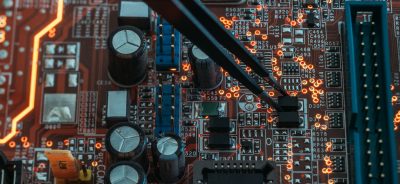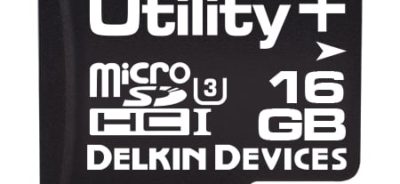What Are SLC SSD Drives?
If you are in the market for a solid state drive, or SSD, then choosing the right kind of flash memory format is essential. For industrial users, this almost always means choosing SLC SSD drives. SLC SSD drives use the highest grade of flash memory available. This means that OEMs can be confident about their use in industrial applications in which mission-critical data is stored and used. Here are the facts you need to know.
Basics of SLC SSD Drives
The easiest way to understand SLC SSDs is to understand each part of the equation. SLC stands for single-level cell, and it is the highest grade of NAND flash storage available. It gets its name from the fact that each cell within the storage holds one bit of data. Since the cells hold just one bit of data, there is far less likelihood of data loss or storage errors than with other forms of flash storage. This makes SLC more expensive than less reliable flash storage formats, but for industrial users, it is typically worth the extra investment.
SSD stands for solid state drive. SSDs can be contrasted with another form of drive—HDDs, or hard disk drives. Whereas HDDs rely on a disk that spins to store data, SSDs do not have any moving components. Instead, they use NAND flash technology and electrical currents to power read and write operations. Because of this design, SSDs are faster and less prone to failure than HDDs.
Using SLC SSD Drives
For most industrial users, SLC SSDs are the clear choice. Although they may be more expensive, they save money in the long run, since they are more reliable and less likely to need to be replaced. The high grade of storage plus the lack of moving parts makes an SLC SSD uniquely capable of meeting the demands of industrial applications. This is especially true of applications that operate in areas with extreme temperatures or strong shock and vibration.
If you need assistance selecting flash storage or require more information about SLC SSD drives, contact Delkin. Our product team will be happy to answer your questions about our embedded storage solutions.
 Login
Login Register
Register


